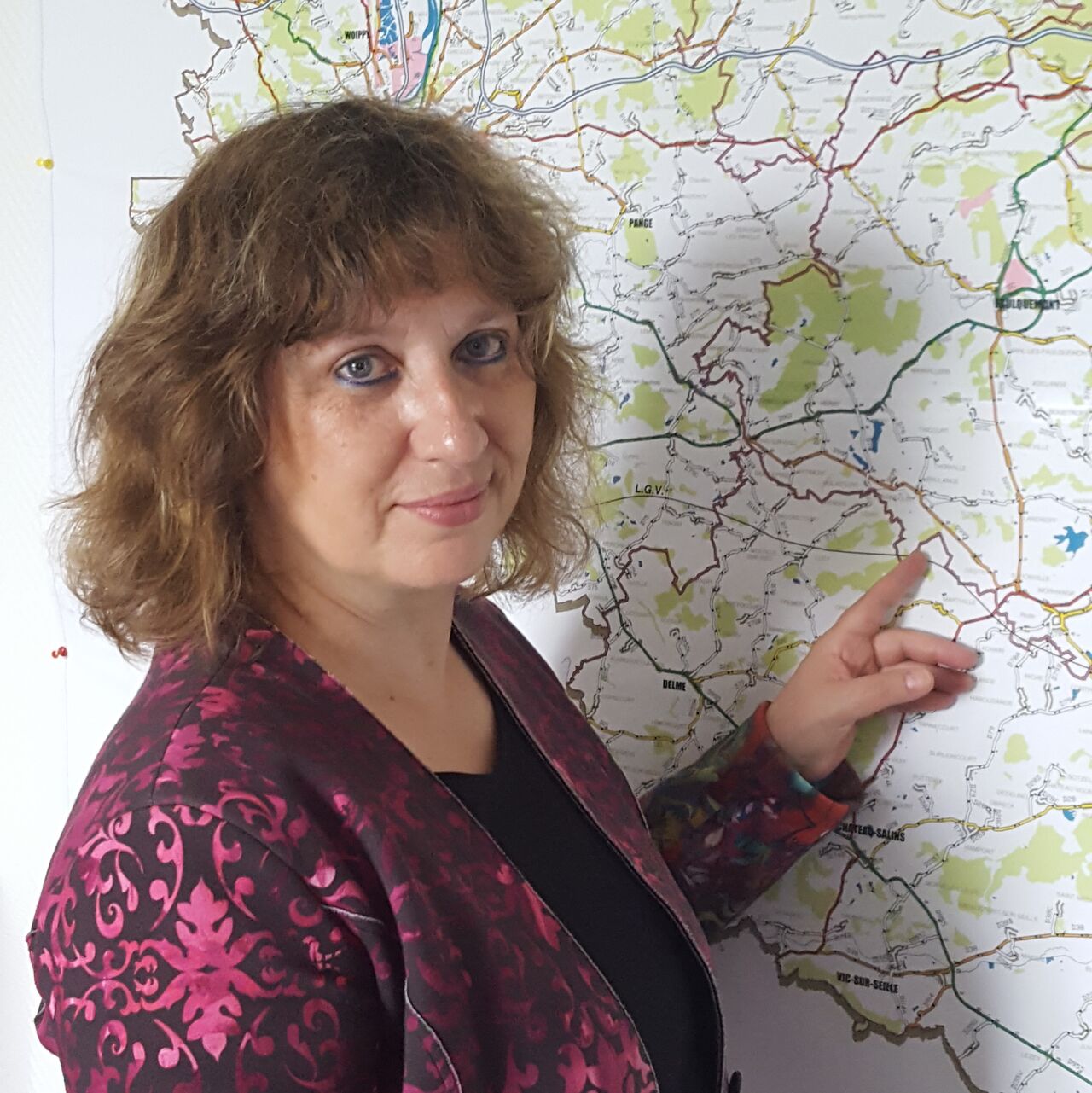Jean-Marc Zulesi
Jean-Marc Zulesi, Deputy for Bouches-du-Rhône and President of the Innovation Workshops for the National Mobility Consultation (Assises nationales de la mobility)
Jean-Marc Zulesi, Deputy for Bouches-du-Rhône and President of the Innovation Workshops for the National Mobility Consultation (Assises nationales de la mobility)

What is the significance of IFSTTAR for your association?
AM Herbourg: Through its strategic and technical support, IFSTTAR is a valuable ally for ADtech. Its activities are in perfect harmony with the sectors of activity we are involved in, for example the road as a means of implementing intelligent mobility, development, urban logistics, etc. Its activities provide our elected representatives with a decision-making tool that enables them to meet the expectations of users, who are increasingly demanding high-quality services. In a context where local authorities are facing severe financial constraints, IFSTTAR's expertise and responsiveness are essential for prioritising investments. Thanks to its international and multidisciplinary approach, the Institute also helps us to deal with cross-cutting issues such as infrastructure safety, resilience and efficiency, spatial planning and the protection of regions, etc. Applied research on these topics is crucial for us as infrastructure managers. Finally, IFSTTAR also helps to maintain the technical skills of local government officials by providing the Road Technical Days, training courses, networks, tools, etc. This contribution is essential for local and regional authorities.
What do local and regional authorities expect from the Institute's expertise?
AM Herbourg: How can we improve the maintenance and safety of France’s 400,000 km of county roads? How can we make arriving in a built-up zone more seamless? How can we make our roads intelligent using roadside sensors or smartphones? IFSTTAR is currently studying all these questions. Its findings should help local authorities optimize the operation, management, maintenance and conservation of their assets. We are particularly interested in the experiments conducted at Sense-City and Transpolis. Moreover, on the same journey, users travel on a municipal road, followed by a county road and then a suburban road... Without being aware of it, they expect the same level of service on each. We need to take on board this route-based approach which requires shared expertise or even common governance, as IFSTTAR does when it considers changes in behaviours for example. The Institute’s work encourages us to change the way we think.
IFSTTAR helps us anticipate and implement the most appropriate responses
What is your strategic thinking currently focusing on?
AM Herbourg: One topic where much is at stake is the sustainability of infrastructure. Research on the analysis of cracked wearing courses, on the combined effects of freezing and thawing on pavements or on the monitoring of engineering structures will help to identify and implement the most appropriate responses. The 5th Generation Road also raises major questions, especially with the advent of autonomous vehicles and their impact on operating modes: safety-based approaches, improvements in road markings, etc. Consideration must also be given to safety - accidents are less of an infrastructure problem than a behavioural one - and natural risks. With climate change, we are witnessing an increase in the number of events that impact infrastructure and mobility: landslides, floods, violent storms... Without forgetting the issues related to platooning, to the recycling of asphalt millings, to air quality... We expect a lot from IFSTTAR's research on these major topics for the future.